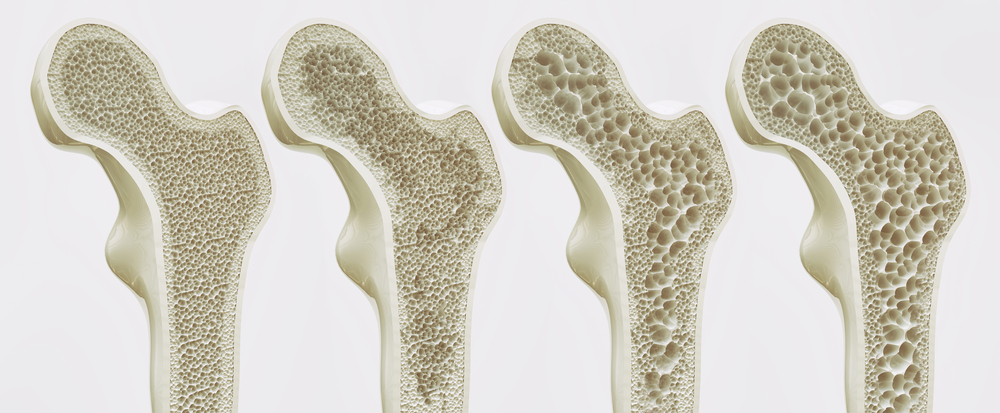This blog is the second part of a new series that builds upon a previous blog that discussed common chronic diseases for seniors. The second blog will focus on chronic kidney disease.
Chronic kidney disease (CKD) is a condition that involves a gradual loss of kidney function over time. The kidneys are responsible for removing waste from the bloodstream and returning the filtered blood to the body. CKD can cause a variety of other conditions such as diabetes, hypertension, and anemia.
Risk factors for CKD include heart disease, obesity, smoking, and a family history of kidney disease. CKD affects approximately 10% of the world’s population and is most common in older people, racial minorities, and women.
Although most people with CKD do not experience any symptoms from the condition, some symptoms may develop. These include a loss of appetite, dry and/or itchy skin, and feeling tired.
Consuming a balanced diet, managing your alcohol intake, and regularly exercising are effective ways to prevent the development of CKD.
CKD is commonly diagnosed with either a blood test or urine test. The blood test measures the estimated glomerular filtration rate, which is a measure of the kidney’s ability to filter waste from the bloodstream. The urine test measures the urine albumin to creatinine ratio, which measures the amount of two substances in the bloodstream.
The Boom Health app allows you to manage your loved one’s home care in one app and takes the stress out of organizing care. Download the app on the App Store or Google Play Store.
This article is not intended to be a substitute for professional medical advice or diagnosis. Always seek the advice of your physician or another qualified health provider with any questions you may have regarding a medical condition.





